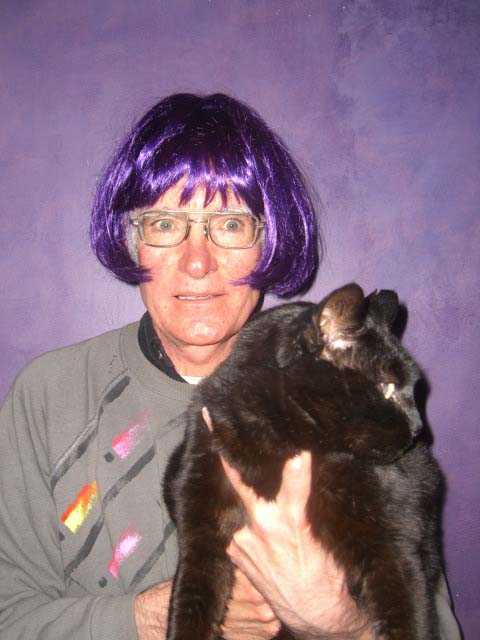Willie Smith is deeply ashamed of being human. His work celebrates this horror.
He has been published by Exquisite Corpse, Pindeldyboz, Cherry Bleeds, The 2nd Hand, Semantikon, and countless other places. His novel, Oedipus Cadet was published by Black Heron Press.
Read excerpts and short stories here and here and here and here and many other places. It’s hard to find his short story collections, but they’re out there.
Here is his YouTube channel.
Natasha Stagg: How long have you been writing?
WS: Since about seven o’clock this morning. Well, OK, since about the age of eight. I won some sort of school prize in the Fifth Grade for my story “B Bomber” about the pilot who first delivered the newly-created Binding Force Bomb, and how the detonation of what today would be called the Strong Force Bomb brought World War XIII to a dramatic finish. I was for the first time in my budding career censored the following year when I wrote some horror story, I forget the title, that technically again won first place in the story contest, but was at the last minute deemed too frightening for the younger children to be exposed to. My first sex story was published in Hump Magazine in 1972, two stories, actually, for which I received $75.00 remuneration. Sci-fi, horror, porn: that pretty much sums up my career.
NS: Do you write every day?
WS: Yes. Every time I breathe writing goes on. I generally futz with a pen or a keyboard twice or thrice a day.
NS: What are your thoughts on “writing on writing?” Ever read the advice other authors give?
WS: Yogi Berra was once in a hideous slump. He had gone 0 for 38. Stengel finally took him aside in the dugout and said, “Yogi, I want you to think next time you go up to the plate!” Yogi frowned, looked down at his spikes, looked back up into the old man’s wrinkled mug and said, “Coach – how do you expect me to hit and think at the same time?” Sure, I read lots of stuff, including sometimes what other writers have to say about the dirty little habit. Most of it just seems to be personal advice that works for whoever is writing about how she or he writes. The best advice, which I see again and again, and at any rate realized on my own independently, seems to be: read lots of stuff. Although even that sometimes is no help. Sometimes you go 0 for 38 and the sooner you stop thinking, the sooner you might, just might, recover your timing.
NS: Do you have some advice to give?
WS: Clear sentences. Clear thoughts. Keep your lucid dreams to yourself. Turn the other cheek. Love thy neighbor. Love thine enemy. Do unto others before they do unto you. Try to imagine what it might mean to be nothing more or less than a character in Vishnu’s dream.
NS: Who is your favorite author of the moment, and what should we read by them?
WS: I am a frequent rereader. I am nearly always rereading Borges’ short story, “The Circular Ruins.” Also Coleridge’s song, “Kubla Khan” and any of Baudelaire’s hymns, especially “Correspondences” and “L’Invitation au Voyage.” Favorite rereads of the recent past include, but are not limited to, Chandler’s The Big Sleep, Goodis’ Shoot the Piano Player, Hughes’ In a Lonely Place, Joyce’s Ulysses, Dante’s Inferno, Homer’s Odyssey, Woolf’s Orlando. My feelings on the subject, however, are that folks should read whatever they want. Then reread periodically the favorites on the list. Rereading is old advice: Dr. Johnson gives it. So does Charles Willeford, a fine writer of hardboiled fiction from the fifties and sixties (I’ve reread his High Priest of California at least half-a-dozen times). Read what thou wilt. But keep rereading. Remember: time is not only linear, but circular as well.


